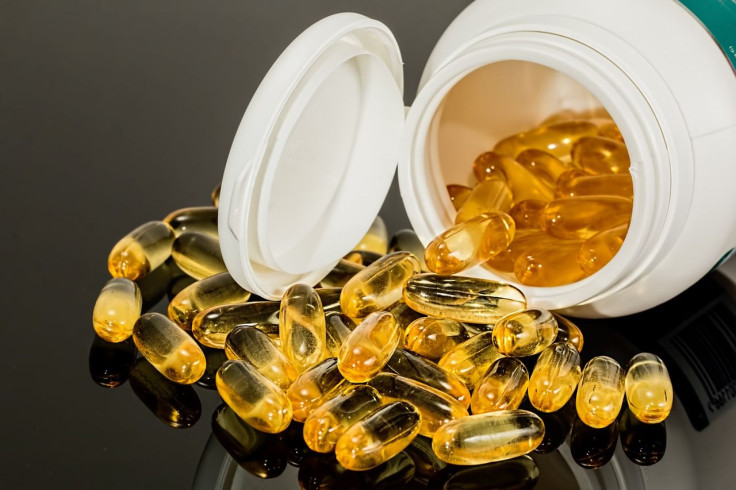Vitamin D For Heart Health? Study Says Supplements Can Cut Cardiovascular Risk In Elderly

Vitamin D has been the go-to supplement recommended for bone health and immunity and to ward off complications from serious health conditions such as cancer, neurological disorders and symptoms of long COVID. A new study has added one more to the long list of benefits of the sunshine vitamin. Researchers have found vitamin D supplementation could help prevent major cardiovascular events such as heart attacks in people above the age of 60.
Cardiovascular disease (CVSs) is a group of disorders of the heart and blood vessels that causes around 17.9 million deaths annually. Coronary heart disease, rheumatic heart disease and strokes are some of the examples of CVDs.
Previous studies have shown that people with higher vitamin D levels in their blood had lower rates of cardiovascular disease. However, the heart benefits plateau once people get sufficient levels of Vitamin D from sunshine and nutrient-dense food.
In the latest study involving one of the largest trials with more than 21,000 people over the age of 60, researchers evaluated the cardiovascular benefits of supplementing older adults with monthly doses of vitamin D. The participants received one capsule of 60,000 IU vitamin D or placebo at the beginning of each month for up to five years.
However, those who had conditions such as above normal calcium levels (hypercalcemia), overactive thyroid (hyperparathyroidism), kidney stones, soft bones (osteomalacia), sarcoidosis (an inflammatory disease) or people already on 500 IU/day vitamin D were excluded from taking the supplements.
During the trial, 1,336 participants experienced a major cardiovascular event. However, the rate of cardiovascular events was 9% lower in the vitamin D group compared to people who took the placebo. The vitamin D group also had a 19% lower rate of heart attacks and an 11% lower rate of coronary revascularization. There was no significant difference in the rate of stroke between the two groups.
The researchers found a stronger effect in those who were using statins or other cardiovascular drugs at the start of the trial.
Published by Medicaldaily.com



























